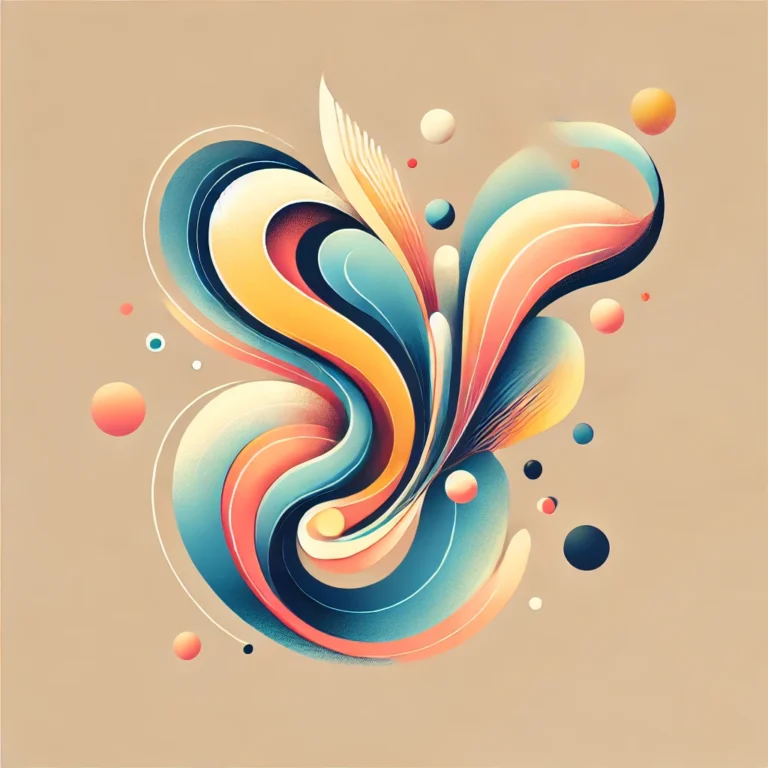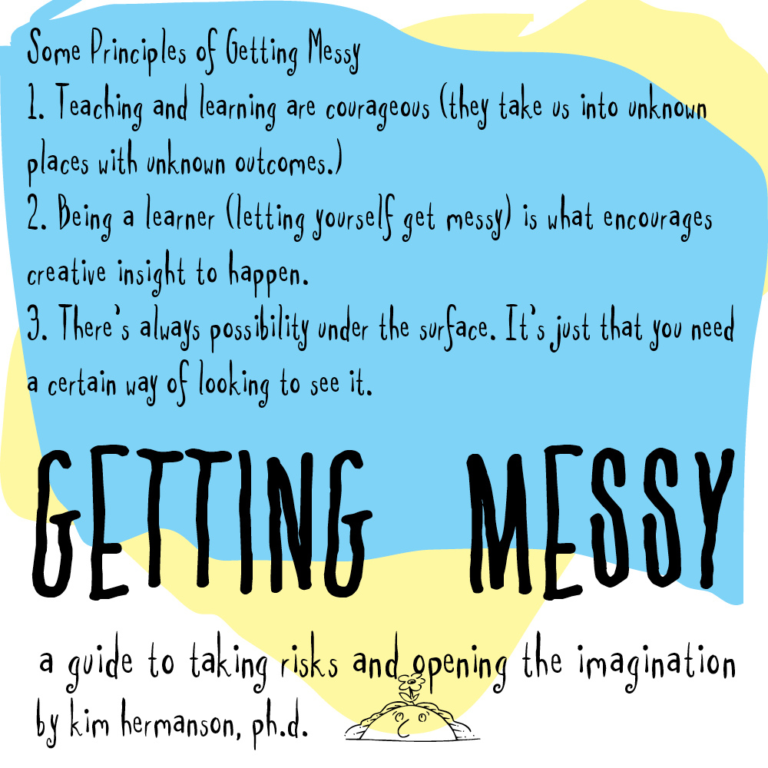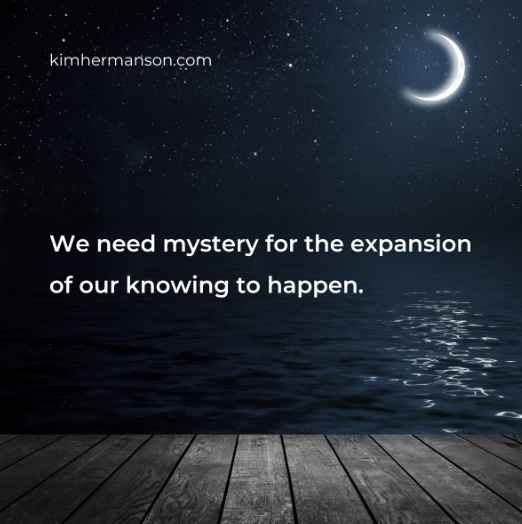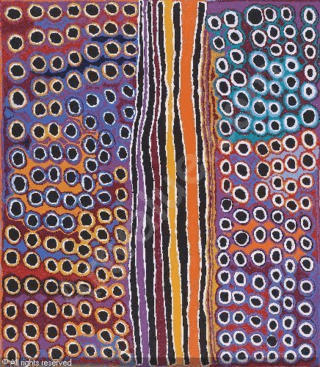The dimension of not-knowing: Derrida on creativity and transformative learning

Exploring the Dimension of Not Knowing: Creativity and Transformation in Education
Tomorrow, I’ll be teaching the first session of my Psychology of Transformative Learning course for graduate students at Meridian University. In preparation, I’ve been reflecting on the profound role of uncertainty and not-knowing in both education and creativity.
To honor this theme, here’s one of my favorite quotes from Jacques Derrida:
“Language is an intrinsically unreliable structure for communication. Real meaning exists in a dimension that transcends reason and language. It is a ‘dimension of not-knowing,’ and this domain of not-knowing is the appropriate domain for true education. Creativity and transformation require entering that dimension—going beyond language and reason and finding the common ground between all living things from which real creativity and profound transformation emerge.”
The Power of Not-Knowing in Education
Derrida’s words highlight an essential truth about learning: real growth and transformation happen in the space beyond certainty. Traditional education often emphasizes mastery—knowing the facts, having the right answers, and following established rules. But transformative learning invites us to step into the unknown, to engage with what Derrida calls the dimension of not-knowing.
This dimension goes beyond language and reason. It’s where true creativity and profound transformation take root. In this space, we leave behind the need for control and embrace the mysteries of connection, imagination, and intuition.
Why Creativity Thrives in Uncertainty
Creativity isn’t born from knowing; it emerges from curiosity and exploration. When we allow ourselves to enter the unknown, we access the common ground Derrida describes—the shared essence that connects all living things. This is the fertile soil from which innovative ideas and deep transformation grow.
As an educator, this is the space I love to inhabit—the dimension of not-knowing. It’s where teaching transforms from mere instruction to a shared journey of discovery. It’s where creativity blossoms and where students (and teachers) experience real transformation.
How to Embrace Not-Knowing
For both educators and learners, embracing not-knowing requires a willingness to let go of certainty. It asks us to approach learning with open hearts and curious minds, trusting that the process itself will reveal what we need.
In my teaching, I encourage students to see not-knowing as a gift—a space for inquiry, creativity, and connection. By stepping beyond the limits of language and reason, we can tap into the deeper truths that unite us all.
If you’re an educator, creator, or lifelong learner, I hope Derrida’s words resonate with you as much as they do with me. True learning and transformation live in the dimension of not-knowing, and that’s where I love to play.





